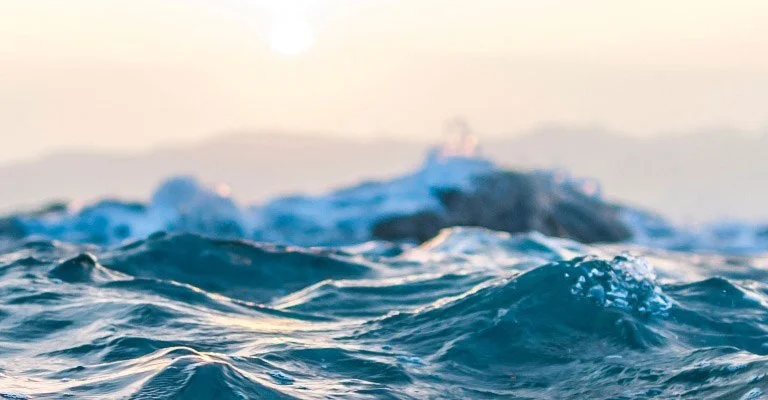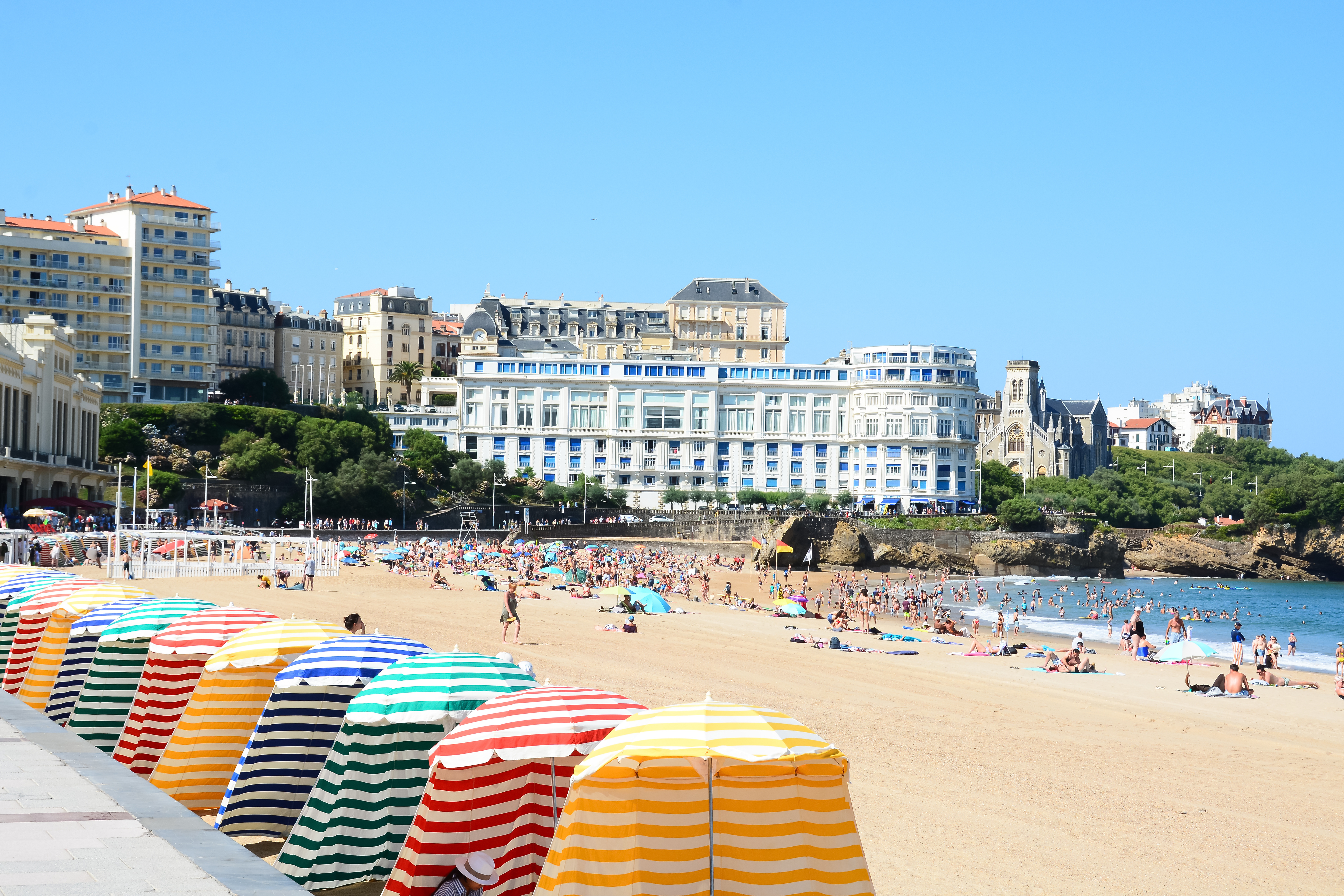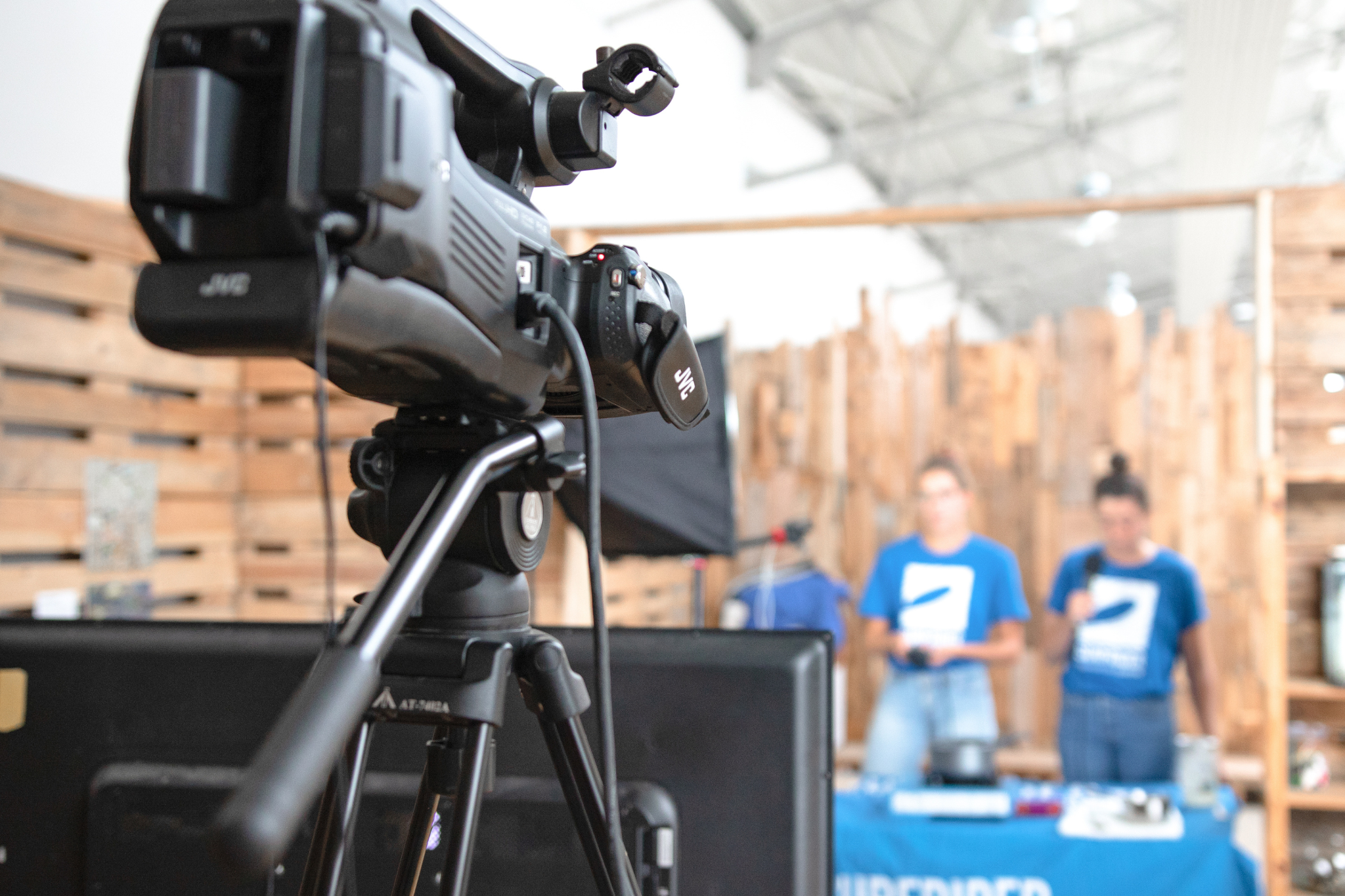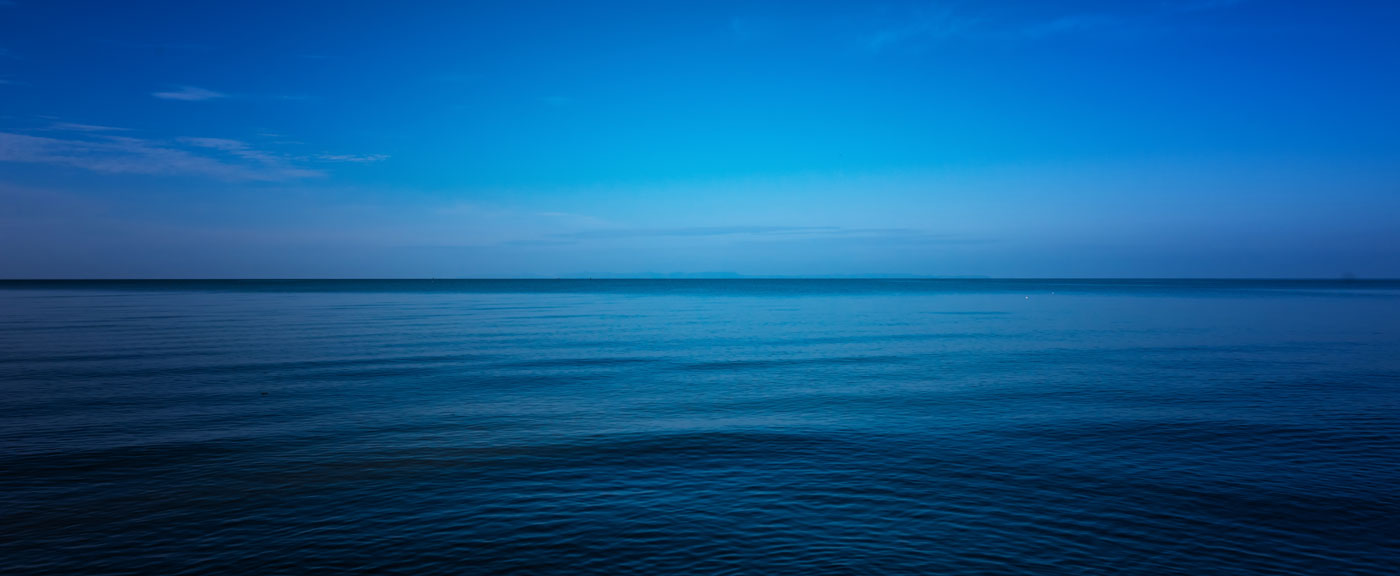

Discover the transformative power of waste collection in CSR teambuilding, for participants.
Waste collection is one of the most effective CSR team building activities. In addition to having a tangible ecological impact, it strengthens bonds between employees, encourages communication and develops interpersonal skills. This socially responsible approach raises employees' awareness of environmental issues and plastic pollution.
Organizing a seminar incorporating this activity offers a unique opportunity to unite teams around a common goal. We offer a wide range of events, from urban and rural collections to canoeing and beach events. These collections can be integrated into a full day of teambuilding or carried out as a stand-alone activity.
A striking example is Bouygues Télécom, which has been organizing waste collections with Act! with Surfrider for over ten years, every year in several French towns during the Solidarity Days. This year's collections involved 200 employees in several French towns. These initiatives show how well thought-out event animation can have a profound impact on employee commitment and team cohesion.
Awareness-raising workshops and climate quizzes add an educational dimension to these events, reinforcing awareness and eco-responsible action. Participants learn to identify waste, understand its impact and adopt more environmentally-friendly behaviors. By working together during these collections, employees develop a corporate culture focused on sustainability and respect for nature.
Strengthening cohesion through a CSR team building activity
Waste collection is not just an environmental action, it's also a powerful CSR team-building tool. Indeed, this activity creates strong bonds between team members. During a collection, each participant has a specific role and actively contributes to the common objective of cleaning up a public space.
Employees share a moment outside their usual work environment, which reinforces their sense of belonging. What's more, by taking part in a concrete, visible action, they feel a great sense of satisfaction and collective accomplishment. This shared experience becomes a common memory, cementing interpersonal relations within the team.
Cohesion strengthened by joint action
Another major advantage of litter-picking is that it raises participants' awareness of the problem of littering. By closely observing the impact of litter on the environment, team members become aware of the importance of their actions and their role in preserving the ocean. This shared awareness creates a corporate culture focused on social and environmental responsibility.
Improved communication and collaboration
The organization of a waste collection event can also include team games and challenges, increasing the fun and competitive aspect of the activity. For example, teams can be formed to see who collects the most waste in a given time, stimulating commitment and enthusiasm among participants. These moments of friendly competition help to develop team spirit and strengthen relations between colleagues.
Understanding environmental issues through a CSR team building activity
Environmental issues are at the heart of today's concerns. Litter, in particular, represents a serious threat to biodiversity and ecosystems. By taking part in a CSR team building activity such as waste collection, employees develop a better understanding of the negative impacts of waste on the environment.
During a rubbish collection, participants are often surprised by the amount of waste accumulated in places that are frequented on a daily basis. This immediate visual awareness is a powerful catalyst for change. It encourages them to adopt more environmentally-friendly behaviors, both in their personal and professional lives.
What's more, understanding environmental issues enables us to take concrete steps to mitigate them. Plastic waste, for example, breaks down into microplastics that pollute soils and oceans, disrupting the food chain. Making employees aware of these scientific realities creates an informed working environment committed to the fight against pollution.
Raising awareness is a key element of any CSR initiative.
The cleanups provide an opportunity to educate participants about the different types of waste and their impacts. This practical education is essential to encourage responsible and sustainable consumption habits.
What's more, organizing post-collection awareness-raising events reinforces the knowledge acquired. Facilitators explain the fragmentation process, the dangers of microplastics and the various recycling methods. These sessions enrich participants' experience and motivate them to continue their efforts beyond the event.
Urban and natural waste collection as a CSR team building activity
Waste collection can be organized in both urban and natural environments. Each context presents its own challenges and benefits. In urban environments, waste collections are often concentrated in public spaces near streams, lakes or rivers, but can also take place in parks or more central pedestrian areas. These areas are often more accessible and enable a greater number of people to be reached.
In natural environments, waste collection is generally concentrated on beaches and sometimes in forests or near watercourses. Although these areas are less frequented, they play a crucial role in protecting biodiversity. Waste accumulated in these areas can have devastating effects on local flora and fauna.
Waste collection by canoe/kayak and on the beach for a CSR team-building activity
Waste collection by canoe/kayak is an original and dynamic approach to CSR team building. This activity helps to clean up waterways while offering participants a fun, sporting experience. The waste collected in rivers and lakes often comes from inland and ends up in the oceans.
Adventure and ecology on the water
Beach litter picks are also very popular and offer great visibility. Beaches attract many visitors, and marine litter is a major problem for coastal ecosystems.
Testimonials and feedback on CSR team building activities
The success of waste collection as a CSR team building activity is largely based on the testimonials and feedback of participants. These testimonials highlight not only the environmental impact, but also the benefits in terms of team cohesion and employee awareness.
For example, during a collection organized with SNCF in January 2024, one participant said: "It was incredible to see how much waste we were able to collect in such a short time. It really opened my eyes to the importance of every little gesture for the environment." This kind of feedback shows just how much a CSR team building activity can transform employees' perception of environmental responsibility.
Immediate and tangible impact
Feedback also highlights the unifying aspect of the activity. A project manager at Bouygues Télécom, after a canoe-kayak collection in October 2023, mentioned: "This activity really strengthened our team spirit. We all worked together towards a common goal, which not only improved our collaboration but also our morale."
Measuring the impact of a CSR team building activity such as waste collection is essential to demonstrate its effectiveness and justify investment. Results can be quantified in a number of ways, including sorting and classifying waste by type, to support the association's advocacy work.
Thanks to the quantification and aggregation of data collected in the field, Surfrider has notably contributed to the advocacy for the adoption of the Single-Use Plastic Directive in 2019, which bans the use of plastic cutlery, cups, straws...
It is also important to measure the impact on employees. Post-event surveys assess their satisfaction and awareness of environmental issues. Find out more about the impact of our activities here.
Many companies have integrated waste collection into their CSR strategy, making it a pillar of their sustainable development initiatives. Here are a few notable examples:
Concrete examples of commitment
These examples show how companies can integrate waste collection into their CSR strategy to make a tangible impact on the environment while strengthening employee cohesion and commitment. By seeing the positive results of these initiatives, other companies may be inspired to follow suit and contribute to the preservation of the Ocean.
You may also be interested in :
To find out more: Explore eco-responsible team building activities that inspire and strengthen team commitment through fun and educational programs



